Holder is wrong - backdoors and security can not coexist.
 In the article below Attorney General Eric Holder said "“It is fully possible to permit law enforcement to do its job while still adequately protecting personal privacy”
In the article below Attorney General Eric Holder said "“It is fully possible to permit law enforcement to do its job while still adequately protecting personal privacy”
This is simply not true, and harkens back to the discredited arguments made by the FBI in the 1990’s about the Clipper Chip. It is hard enough to make secure computing systems, and we are not very good at it as all the breaches demonstrate. Intentionally introducing a vulnerability, which is the essential nature of back door or law enforcement access, is madness. If there is a back door, then keys exist, and can be compromised or reverse engineered. It is an added complexity to the system, which is almost certain to introduce other vulnerabilities. Its use would not be restricted to the US. Once it exists every government will demand access.
Social media and the cloud have tilted the balance of power absurdly towards law enforcement. This argument that they must retain access to encrypted cell phones is fatuous.
Holder urges tech companies to leave device backdoors open for police - The Washington Post
Lance Cottrell is the Founder and Chief Scientist of Anonymizer. Follow me on Facebook, Twitter, and Google+.
 Apple is getting taken to task for a couple of security issues.
Apple is getting taken to task for a couple of security issues.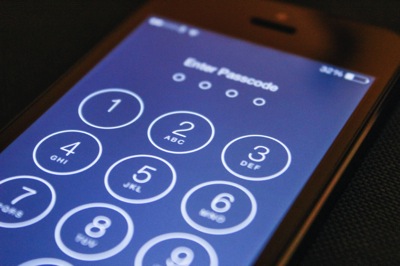 Since it was introduced, Apple has had the ability to decrypt the contents if iPhones and other iOS devices when asked to do so (with a warrant).
Since it was introduced, Apple has had the ability to decrypt the contents if iPhones and other iOS devices when asked to do so (with a warrant).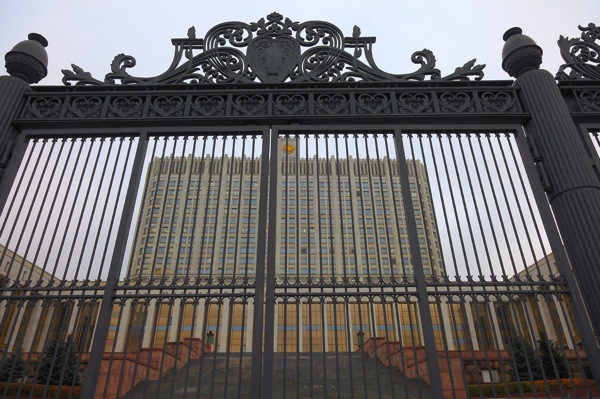 On September 24, the Russian Duma passed a bill moving the date on which all Internet services must host local data locally from Sept 1, 2016 to Jan 1, 2015. That is an effectively impossible timeline for international Internet companies, which is probably the whole point.
On September 24, the Russian Duma passed a bill moving the date on which all Internet services must host local data locally from Sept 1, 2016 to Jan 1, 2015. That is an effectively impossible timeline for international Internet companies, which is probably the whole point.
 When you think your phone is connected to your wireless provider, you might actually be connected to a rogue tower set up to capture your data.
When you think your phone is connected to your wireless provider, you might actually be connected to a rogue tower set up to capture your data.

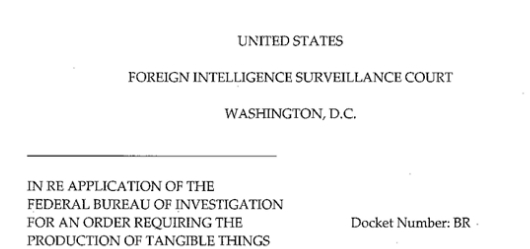
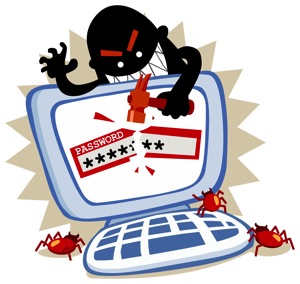 The Internet is on fire with discussions of the recent release of stolen nude photos of over 100 female celebrities. This is a massive invasion of their privacy, and it says something sad about our society that there is an active market for such pictures. While this particular attack was against the famous, most of us have information in the cloud that we would like to stay secret.
The Internet is on fire with discussions of the recent release of stolen nude photos of over 100 female celebrities. This is a massive invasion of their privacy, and it says something sad about our society that there is an active market for such pictures. While this particular attack was against the famous, most of us have information in the cloud that we would like to stay secret.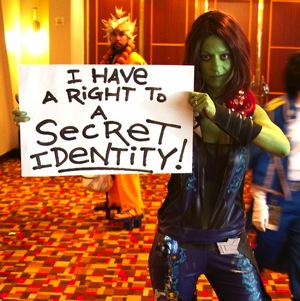






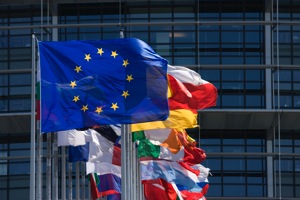
 Tor just announced that they have detected and blocked an attack that may have allowed hidden services and possibly users to be de-anonymized.
Tor just announced that they have detected and blocked an attack that may have allowed hidden services and possibly users to be de-anonymized.